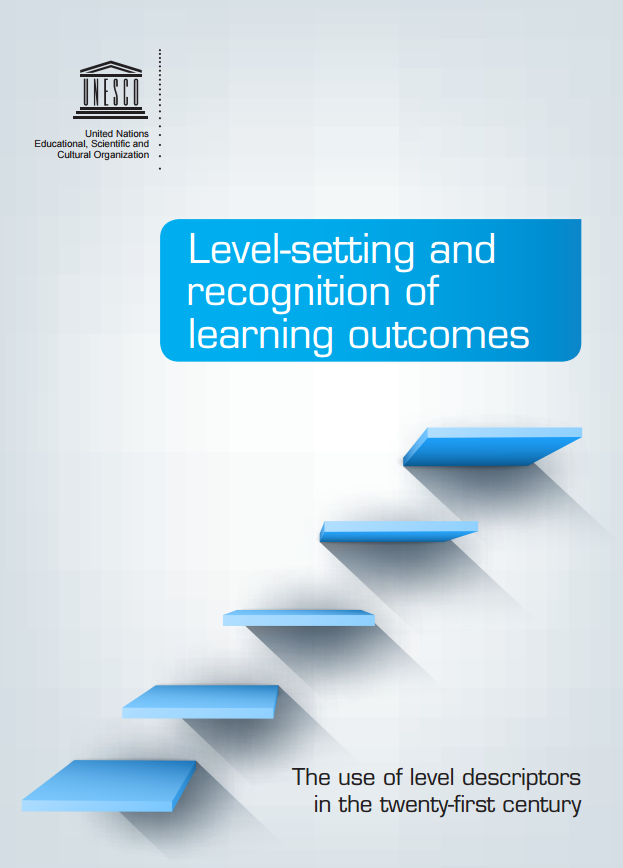
Le Centre International UNESCO-UNEVOC: Qui nous sommes | Ce que nous faisons | Nous rejoindre | Nous contacter
Le Réseau UNEVOC: En savoir plus sur le Réseau | Répertoire du Réseau UNEVOC
Espace Membres: Tableau de bord du Centre UNEVOC
Domaines thématiques: Inclusion et jeunes | Innovation et avenir de l'EFTP | Engagement du secteur privé | Les ODD et l'écologisation de l'EFTP
Nos programmes et projets clés: BILT: Connecter innovation et apprentissage | Renforcer la résilience de l’EFTP | Programme pour le leadership en EFTP | Journée mondiale des compétences des jeunes
Activités passées: Réponse COVID-19 | i-hubs: Former des pôles d'innovation | Forums mondiaux de l'EFTP | Conférences virtuelles | YEM Portail de connaissances
Nos services et ressources: Publications | Forum TVET | Profils nationaux d'EFTP | Glossaire TVETipedia | Pratiques prometteuses | Toolkits for TVET Providers | Formation à l’entrepreneuriat
Journal et événements: Grandes Manifestations EFTP | Journal UNEVOC

| Author/s: | James Keevy and Borhene Chakroun |
| Éditeur: | UNESCO |
| Publié: | 2015 in Paris, France |
| Licence: | CC BY |
| ISBN online: | 978-92-3-100138-3 |
The research presented in this report explores the global phenomenon of learning across boundaries, but with a specific focus on the manner in which the level of learning is recognized through the use of level descriptors. The research draws on the development and application of level descriptors as an integral part of qualifications frameworks internationally, but also considers how the level of learning is determined in other contexts, such as longitudinal studies, international competence assessments and diagnostic reviews. The use of learning outcomes constitutes a common thread that is explored in all the case studies included in the report.
The research was initiated by UNESCO following the Third International Congress on Technical and Vocational Education and Training (TVET), which was held in Shanghai in 2012, where a recommendation was made to explore the possibility of developing international guidelines on quality assurance for the recognition of qualifications based on learning outcomes. This included the proposal that a set of world reference levels be considered to facilitate the international recognition of TVET qualifications. This research report constitutes the first step of an incremental approach that will be followed to respond to the Shanghai Consensus Recommendation. Additional steps will include the conceptual development of the world reference levels, consultation, and a political process that will explore the technical and legal aspects related to the desirability of defining and adopting world reference levels.